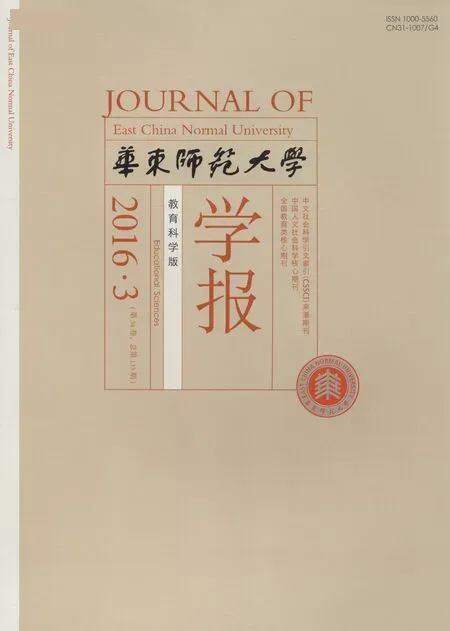Supporting 21st Century Competencies Education
Supporting 21st Century Competencies Education
To push the implementation of 21st Century Competencies education, it’s important for the stakeholder like governments, research institutes, communities, and other civil organizations to work together. In this article, the authors discuss the international experience of supporting 21st Century Competencies education and describe the development of its supporting system from three aspects.
First, governments have had the policies in place to drive and guide these education practices. Some practices promote the competency-based education through integrating the framework into the curriculum; others advance competency-based education through policies targeting some specific competencies, or through enhancing some aspects of the framework. Different practices reflect the varied needs of economies in different development phases and the impacts of local societies and cultures.
Second, more autonomy should be granted to local education authorities, schools and teachers. By strengthening local autonomy, schools can tailor education to meet their unique needs. Cooperation should be promoted between schools and research institutes or NGOs. Apart from education authorities, some research institutes and civil societies have also voiced their own opinions on Competencies, thereby prompting deeper thinking and further reform. Also, communities and civil organizations should be encouraged to be engaged, providing authentic learning opportunities to children. Occupational needs are important starting points for developing a competency framework. Connection with vocational education is another important way to pursue competency-based education.
Third, training programs should be delivered to ensure that teachers have a full undersatnding of 21st century competencies and master the proper teaching methods. We should also provide teachers with teaching resources and tools to help them transform ideas into practice.
Based on the above discussion, the authors finally make the following policy suggestions: (a) a systematic design is needed for cultivating 21st Century Competencies in education and such a design involves driving forces, frameworks, practices and support systems. (b) a support system should be built, including support from within the schooling system (education authorities and school leaders), and beyond (research organizations, social organizations, businesses, communities, parents, and the public). (c) professional development pathways for teachers should be explored to improve the effectiveness of teacher training programs. (d)systematic solutions should be developed that can be disseminated elsewhere to promote competency-based education.
WEI Rui1,2LIU Cheng3,2SHI Man4ZHOU Pingyan5WANG Ying6Chris Tan2LIU Xia7LIU Jian2,5
(1. College of Chemistry, Beijing Normal University; 2. China Education Innovation Institute, Beijing Normal University; 3. College of Life Sciences, Beijing Normal University; 4. School of Foreign Languages and Literature, Beijing Normal University; 5. China Collaborative Innovation Center of Assessment toward Basic Education Quality, Beijing Normal University; 6. Institute of Education Science, Wuhan University, Wuhan 430072, China; 7. Psychology School, Beijing Normal University, Beijing 100875, China)
21st Century Competencies; support system; policy; autonomy; social resources; professional development

